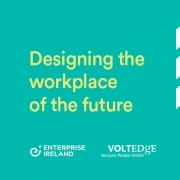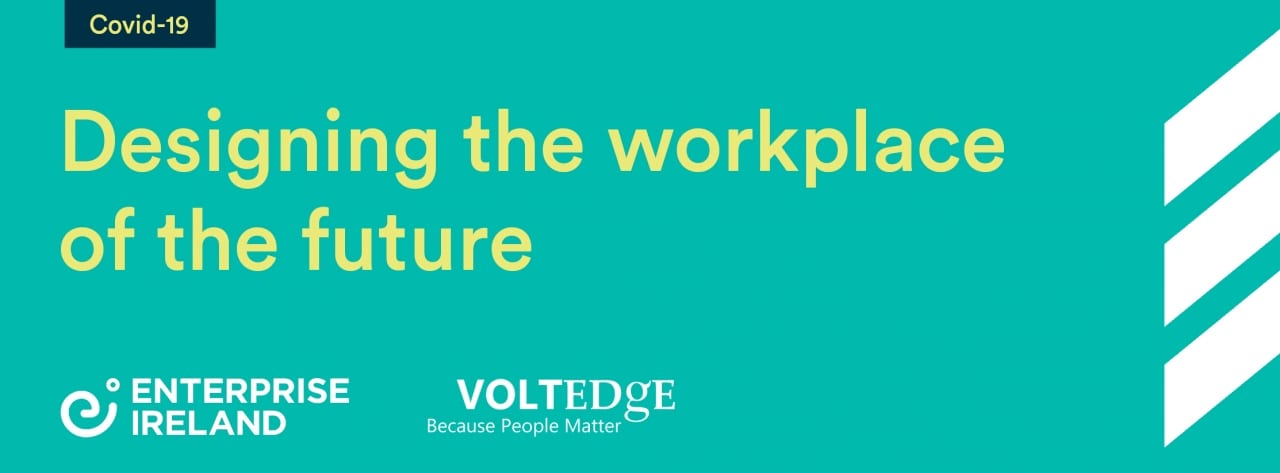
The world of work was shaken to its core in March 2020 when the Covid-19 pandemic hit Ireland and hundreds of thousands of Irish workers had to suddenly work from home.
The slow and steady drive towards digitalisation accelerated sharply, and virtual meeting programmes such as Zoom and Microsoft Teams became commonplace. Now, 15 months on, and with the vaccination programme well underway, employers can begin to think about a return to the workplace – hopefully permanently. But the many lessons learned during the pandemic has had both employers and employees thinking about the future workplace – will we ever go back to the way it was? And do we want to?
Enterprise Ireland has produced a new guide, ‘Emerging Through Covid-19 – The future of work’, which aims to help business owners think about the positives and negatives from the last 15 months and to use these to build a sustainable business model for the future. With many employees welcoming the idea of remote working into the future, either full-time or for part of the week, is it time for employers to recognise the positives of remote working and tie it into their company policy on a permanent basis? And if so, how can they make it sustainable?
“This is a follow-on from last year’s Covid-19 employer guide; last year we looked at the health and safety aspects of returning to work, while the theme of this year’s guide is around the future of work,” explains Karen Hernández, Senior Executive, Client Management Development at Enterprise Ireland. “During Covid, the workplace has changed, the nature of work has changed for a lot of people, and what employees expect from their employers has changed. Our aim is for all companies to be prepared to put in place the right structures and practices that suit their business needs and also the needs of their employees.
“A large portion of our client base experienced the need to rush into remote working when Covid-19 hit Ireland in 2020. There have been some advantages and opportunities associated with this; some businesses found they’re as productive, if not more productive when working remotely. This guide aims to help companies take what’s worked well over the last 15 months and create some sustainable practices and processes that work for everybody.”
The guide was developed in partnership with Fredericka Sheppard and Joyce Rigby-Jones of Voltedge, a highly regarded HR consultancy based in Dublin. “The objective with the guide is that it gives you a framework to start developing your own plan for the return to the office,” explains Fredericka. “All organisations are going to have their own dynamic, their own set of circumstances, so there is no one-size-fits-all solution to this. Our aim was to identify key pillars for organisations to use to develop structure and a suitable framework for their business.”
The importance of asking questions
A huge emphasis is placed on the need for communication with employees when making these decisions. “Employers need to engage with and actively listen to their employees, while also driving their business forward,” says Joyce. “This is intended as a broad guide, where employers can pick and choose the relevant pieces to them.”
“It’s very important that employees feel that they’re being heard,” adds Fredericka. “However, decisions need to be made based on a number of factors, and employee input is just one of those factors. Obviously it’s really important to manage expectations and sometimes it’s just down to how you ask the questions. Give them some context from a business point of view. It’s not just about the employees’ wish-list, it’s also about creating a sustainable workplace for the future.”
Managing remote workers
Many employers are looking at keeping some sort of remote or flexible working practices in place – and offering this flexibility can be very positive when it comes to attracting talent. “Almost two-thirds of our client base are saying they find it hard to attract, engage and retain talent,” says Karen. “Companies need to consult and stay close to their employees and ask them what they want – and include aspects like flexibility as part of a value proposition to attract candidates.
“Many companies that we are working with are looking at some sort of hybrid model, where employees combine time working in the office and time spent working remotely, at home or in co-working spaces. There are huge upsides, such as accessing skills from different parts of the country that they never would have before – offering remote, flexible or hybrid working is attractive to employees.
However, this can be difficult to manage, and companies need to consider what works for the team as a whole as well as what’s right for individuals within those teams.”
“There’s a big need for management support and training, especially for middle and line managers and supervisors who are dealing with a remote workforce,” explains Joyce. “It’s difficult for them, but it’s important that they get it right. Ensuring your managers are confident in what they do, and in their engagement with their teams. We are hearing that companies are looking to bring their employees into the office more, but it’s about getting that blend right between remote working and the office. One aspect that we emphasised in the guide is the need to make sure you are not discriminating against employees who are not in the office environment.”
Identifying and managing issues such as burn-out and isolation is essential if companies are to offer some sort of remote working policy. “Companies that have regular check-ins and meetings with staff and use different methods of communication, such as video calls, emails and direct messaging are more likely to keep employees engaged when working remotely. It’s also important for employees to have individual focus time, where they are able to detach from colleagues and concentrate on getting their work done without interruption”, says Karen. “Long term, we don’t know enough about hybrid working for a definite ‘best practice’ but instead companies should pilot different ways of working – for instance, we have some companies who are trialling a ‘team days’ concept – having the whole team in for certain days of the week, then for the rest of the week, they’re working from home.”
Piloting the new workplace
The aim of the guide is to pose those broad questions that will help employers in every sector decide on the right workplace for the future of their business – but there is no need to rush into a decision. “The biggest challenge for employers is making the decision as to how you’re going to handle this working environment,” says Joyce. “Are you going to fully return, are you going for a hybrid, can you facilitate a full return in the workspace that you have? Employers need to make very big decisions, and very strategic, long-term decisions, so we’re suggesting that they talk to their employees about what they want and then piloting whatever they plan to do before they make any strategic decisions that will impact on the business going forward.”
Covid-19 has had a huge effect on how we work – but now is the time to use what we have learned since March 2020 to create a more inclusive, sustainable business model, one that pushes the business forward while creating a culture that values employees and their health and wellbeing more than ever before. This can only be a positive thing.
To download Enterprise Ireland’s new guide, ‘Emerging Through Covid-19 – The future of work’, click here.

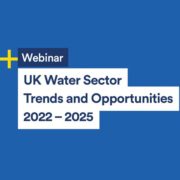

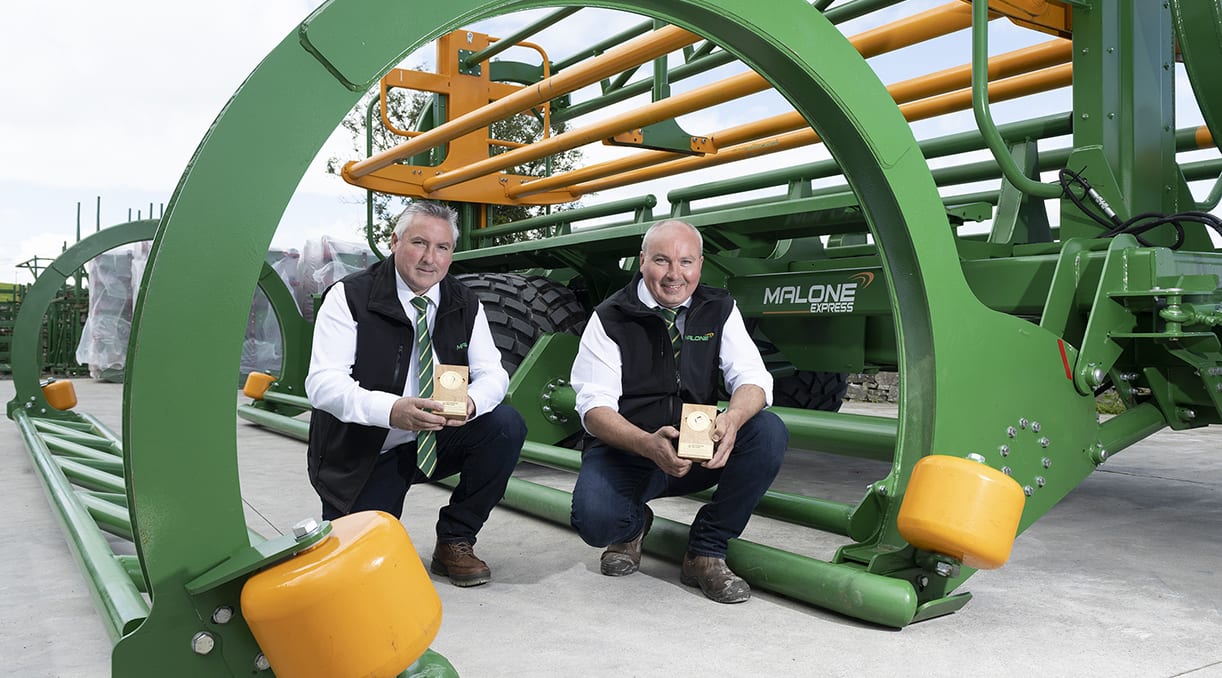 Innovation emerges when problems need to be solved, so it’s no surprise that some exciting technological advances are coming from one of our most important indigenous industries, agriculture.
Innovation emerges when problems need to be solved, so it’s no surprise that some exciting technological advances are coming from one of our most important indigenous industries, agriculture.
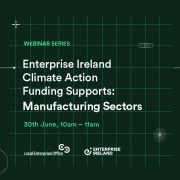

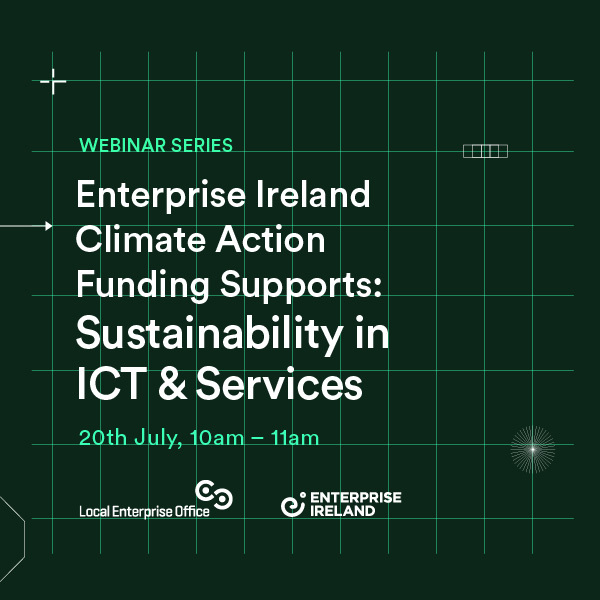
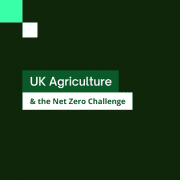




 The Level Project has its origins in
The Level Project has its origins in  However, achieving gender balance is very much a long-term plan for a lot of companies, especially those in industries that are traditionally male dominated. For example, Shannon-based
However, achieving gender balance is very much a long-term plan for a lot of companies, especially those in industries that are traditionally male dominated. For example, Shannon-based 
